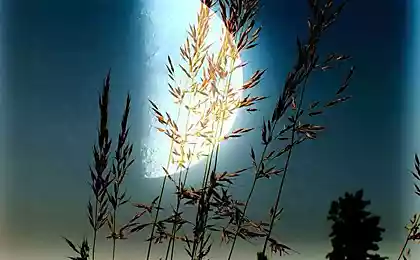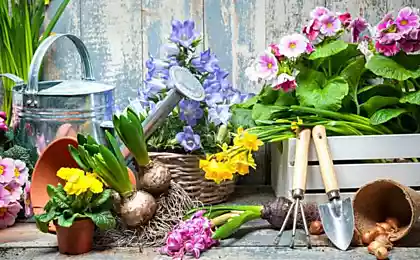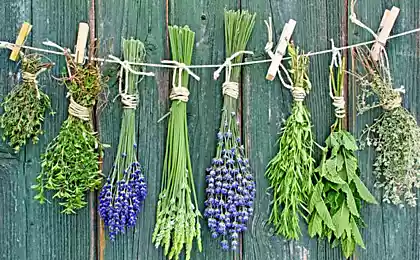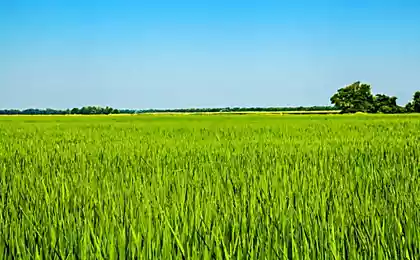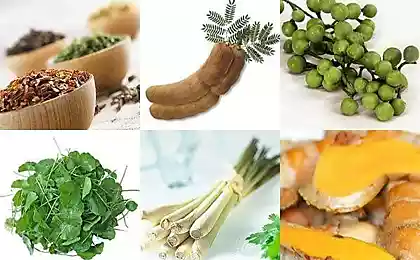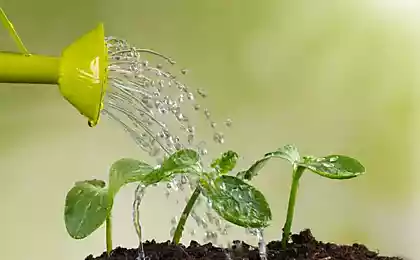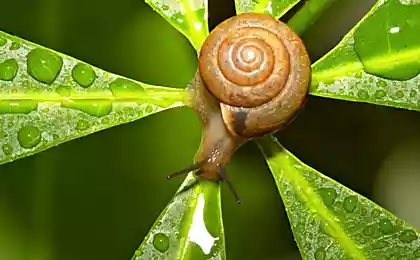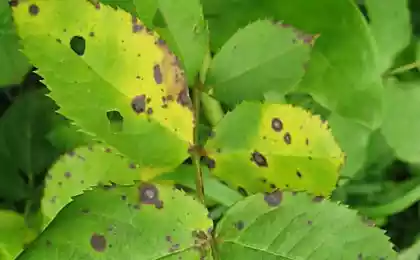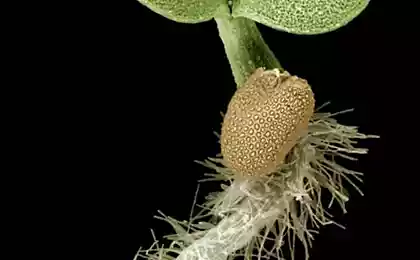530
10 plants for a perfect microclimate in the house


Many do not realize about the incredible ability of house plants to influence the microclimate. Plants create a comfortable atmosphere, stabilize the humidity of the air and saturate it with oxygen to small children and people with allergies could breathe safely.

Spathiphyllum (Spathiphyllum)

The flower of happiness, or a white sail — it is believed that the plant brings home happiness and love. Spathiphyllum not only absorbs excess moisture, normalizing the climate in the house, but also kills mold spores. The plant thrives in the bathroom when the air temperature is from +18 °C.
The coffee tree (Coffea)

Of the nearly 100 types of people are most likely to grow Arabian and Congolese coffee trees, which give the Arabica and Robusta. The first fruits appear on the 5-6th year, so it is better to buy an adult plant. Loves a good watering and partial shade, absorbs excess moisture from the air and infuses it with a tropical smell during flowering.
The Myrtle (Myrtus)
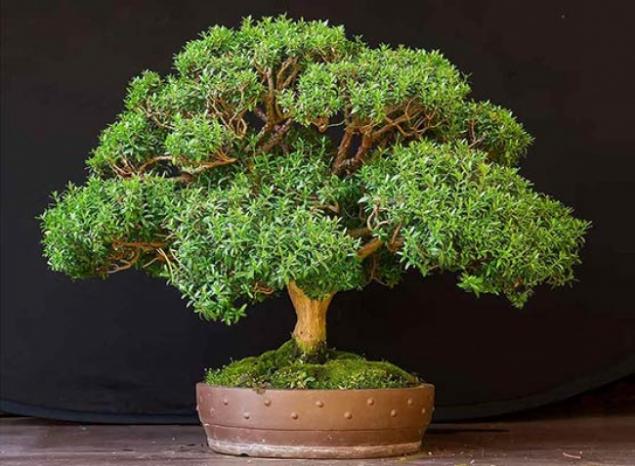
A symbol of peace and enjoyment. In the past people believed that the tree is sacred: returns the youth to the old, the traveler gives vivacity and spirit. Today we know that the Myrtle in the house not only restores the normal climate, but also cares about the health: phytoncides emitted by the leaves and flowers of Myrtle, kill germs in the air.
Laurel (Laurus nobilis)
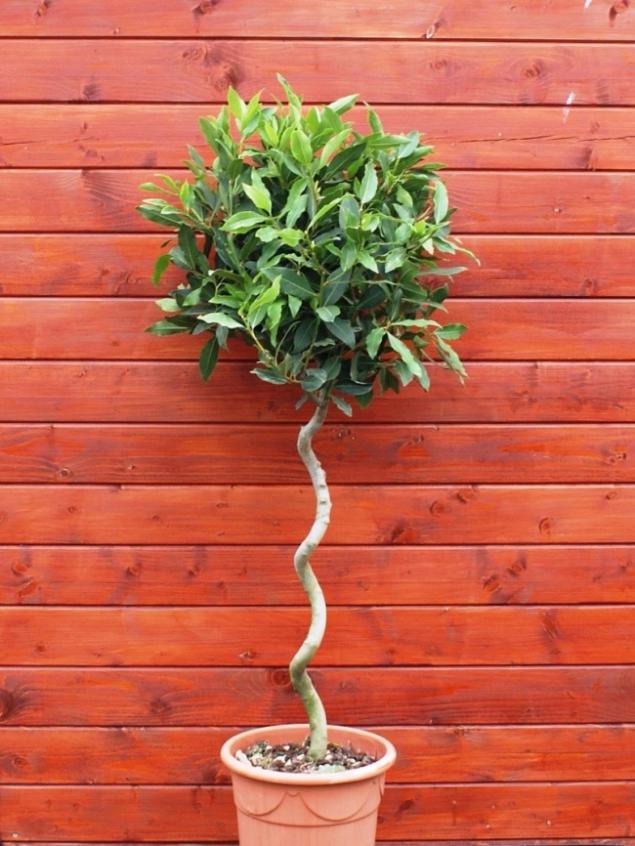
Laurel in ancient times loved herbivorous dinosaurs, the least resisted the attack of predators. Thus, the predator, choosing an easy victim, got lunch with seasoning. People thought the Laurel symbol of glory, victory and Majesty. Plant native to subtropics, so it likes moist air, partial shade and abundant watering with warm water. Absorbing moisture from the air, creates a healthy microclimate. Laurel leaves can be dried and used in cooking.
Lemon (Citrus limon)

The lemon — plant, pleasant in all respects: during flowering fills the air citrus scent, draws from the air excess moisture. The leaves emit a huge amount of medicinal substances, sterilizing the space around them. The tree likes sun, regular watering and dry soil. Most lemons within a year gives Pavlovsky grade.

Cypress (Chamaecyparis)
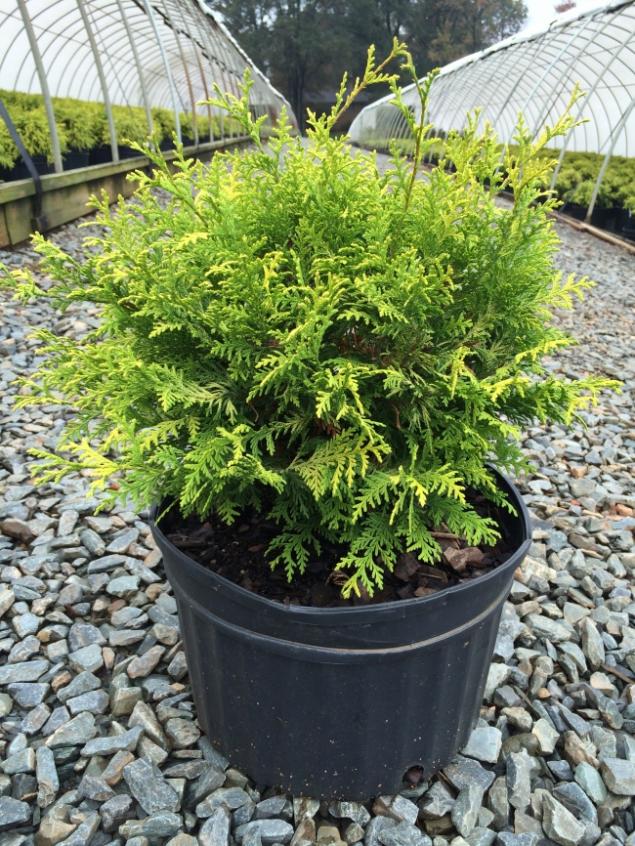
In Japan the species is considered sacred tree: believe that the souls of the dead and the gods dwell in them. This evergreen plant is refreshing interior appearance, moisturizes the air, struggling with dust and eases headaches and migraines. Instead expects partial shade and regular watering.
Sansevieriya (Sansevieria)

Or pike tail, or Teschin language. This plant is doing incredible things with the air: it moisturizes, produces a huge amount of oxygen (for its size) and neutralizes harmful fumes emitted by synthetic materials. Easy to care for them: it keeps moisture in the leaves, does not require abundant watering. Perfectly located in any corner of the house.
Ficus (Ficus)

The most popular house plant. Moisturizes the air, fills it with oxygen, neutralizes toxins and viruses, with broad leaves keeps dust. Likes large spaces and partial shade. In the houses of the common ficus Benjamin, named in honor of British botanist and is a symbol of Thailand's capital Bangkok. It is unpretentious, grows quickly, but does not like draughts and excessive watering.
Tsissus (Cissus)

Some call it the grape room for the relationship with grapes, others with birch because the leaves resembling birch. Exception: Cissus quadrangularis. His behavior, he reminds ivy: quickly grabs the tendrils of the stem any resistance on the way to the light. Easily adaptable to dry air, gradually wetting it, but needs partial shade and regular wet soul.
Kalanchoe (Kalanchoe)
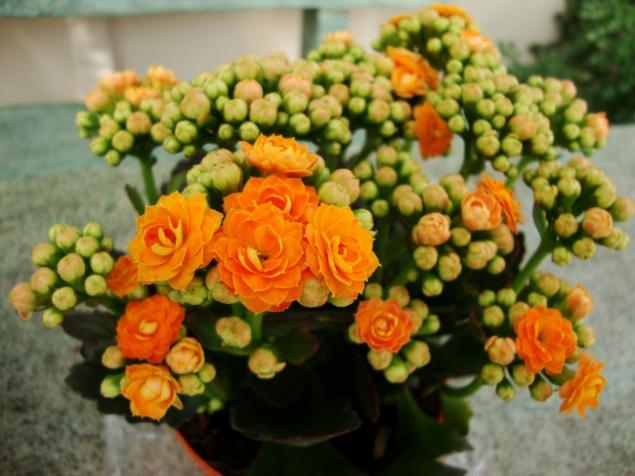
Showy plant, each of which looks original. Kalanchoe native to Madagascar, thrives only in areas with dry air accumulates moisture in the leaves and regulates the climate in the apartment. It cannot be watered abundantly, but be sure to keep in a Sunny location.
See also
10 houseplants with which you can breathe easier
Top 15 plants for air purification according to NASA
12 house plants that can survive even in the darkest corner
via www.adme.ru/svoboda-sdelaj-sam/12-domashnih-rastenij-kotorye-mogut-vyzhit-dazhe-v-samom-temnom-uglu-1203510/
To maintain a strong relationship, you need to adhere to just one rule
30 stunning images, to explain to a child what is our place in the Universe
